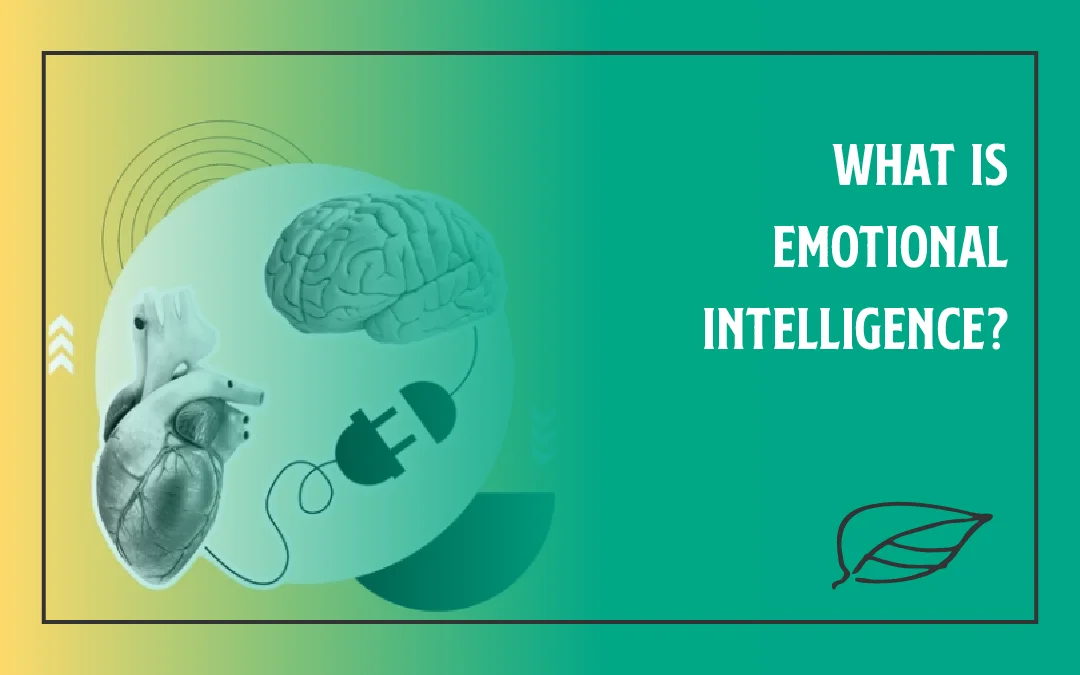It’s impossible to turn a corner without stumbling upon emotional intelligence – the concept has successfully bridged the gap between psychologists, educators, and business leaders. But what does it really mean to be emotionally intelligent? Is it just a fancy term for being empathetic, or is there more to it?
When you meet someone with exceptional emotional intelligence, you know it. They seem to instinctively know how to motivate others, squash conflicts, and radiate a sense of calm confidence. Think about the truly exceptional people you’ve met – what sets them ablaze, making them truly unforgettable? Emotional intelligence is a multifaceted beast – and we’re about to break down the crucial characteristics that separate the proficient from the exceptional.
The Birth of Emotional Intelligence
The concept of emotional intelligence was first introduced by psychologists Peter Salovey and John D. Goleman in the 1990s. However, it wasn’t until Daniel Goleman’s 1995 book “Emotional Intelligence: Why It Can Matter More Than IQ” that the term gained widespread recognition. Goleman’s work built upon the earlier research of Salovey and Mayer, who defined emotional intelligence as “the ability to monitor and regulate one’s own and others’ feelings and emotions.”
The Multifaceted Nature of Emotional Intelligence
So, what makes someone emotionally intelligent? Breaking it down, emotional intelligence essentially boils down to a distinct collection of skills…
Self-Awareness
The ability to recognize and understand one’s own emotions, strengths, and weaknesses. Pay attention to your emotional landscape – it greatly shapes your thoughts and behaviors.
Self-Regulation
The capacity to control and manage one’s own emotions, especially in stressful or challenging situations. Regain control by learning to take a step back, postpone instant pleasure, and roll with the punches.
Fire in the belly – that’s what motivation is all about. It’s the driving force that pushes you to take that first step, to keep going, and to finish strong.
Aiming high, going after what we want, and staying true to our core values – that’s what fuels our passion and energy. Emotionally intelligent individuals are motivated to improve themselves and their circumstances.
Empathy
The ability to understand and appreciate the emotions and perspectives of others. Responding with kindness and compassion requires stepping into another person’s shoes, relating to their emotional highs and lows, and offering support when they need it most.
What sets people apart is not their Introvert or Extrovert label, but rather their capacity to pick up on subtle social cues, tailor their approach to different personalities, and respond with empathy and understanding.
Being able to convey our thoughts and feelings, building lasting relationships, and handling disputes with ease – these are the fundamental blocks of successful communication. Emotionally intelligent individuals are adept at navigating social situations and building strong networks.
Theories and Models of Emotional Intelligence
While Goleman’s model is one of the most well-known, other theories and models also attempt to explain emotional intelligence. Some of these include:
The Ability Model
Developed by Salovey and Mayer, this model views emotional intelligence as a set of abilities that can be developed and improved through practice and training.
The Trait Model
This model, proposed by Petrides and Furnham, sees emotional intelligence as a personality trait that is relatively stable and enduring.
The Mixed Model
A combination of the ability and trait models, this approach recognizes that emotional intelligence involves both innate abilities and learned skills.
The Importance of Emotional Intelligence
So, why is emotional intelligence so crucial in today’s fast-paced, ever-changing world? Here are just a few reasons:
Better Relationships
Emotionally intelligent individuals build stronger, more meaningful relationships, both personally and professionally.
Improved Decision-Making
By considering emotions and intuition, emotionally intelligent individuals make more informed, well-rounded decisions.
Enhanced Well-being
Emotional intelligence is linked to better mental health, reduced stress, and increased overall well-being.
Increased Success
Emotionally intelligent individuals tend to achieve greater success in their careers and personal lives, thanks to their ability to navigate complex social situations and build strong networks.
The final takeaway is clear: the end result of all our exploration and analysis is what really matters.

Think of emotional intelligence as a mosaic – each piece representing a distinct skill that, when combined, reveals a breathtaking picture of emotional wisdom, deeper connections, and improved communication. It’s time to get emotional – in a good way! When we immerse ourselves in theories, we slowly transform into empathetic and emotionally agile beings, capable of sensing subtle cues and responding with compassion. Want to stay calm under pressure, crack the code of empathy, and show up more authentically in all your interactions? Then it’s time to put emotional intelligence at the top of your to-do list. Spark meaningful bonds, forge clever choices, and elevate your overall quality of life – it all starts with this one key move.
Final Thoughts
As the ancient Greek philosopher Aristotle once said, “Anyone can become angry – that is easy. But to be angry with the right person, to the right degree, at the right time, for the right purpose, and in the right way – that is not easy.” Emotional intelligence is not just about being empathetic or charismatic; it’s about being aware, motivated, and skilled in navigating the complexities of human emotions. So, take the first step in developing your emotional intelligence today, and watch your personal and professional life flourish as a result.

